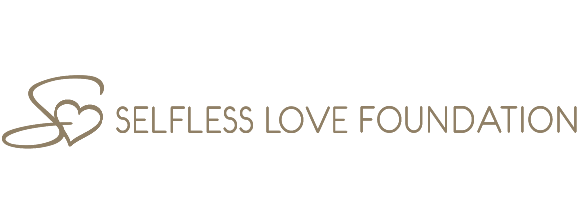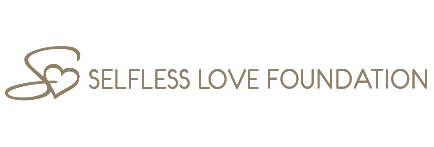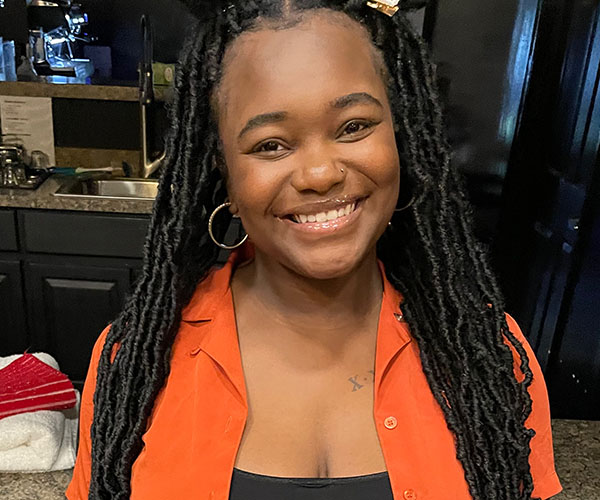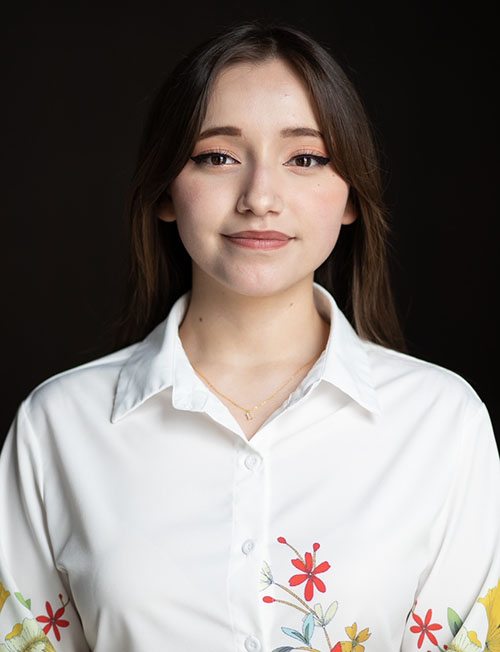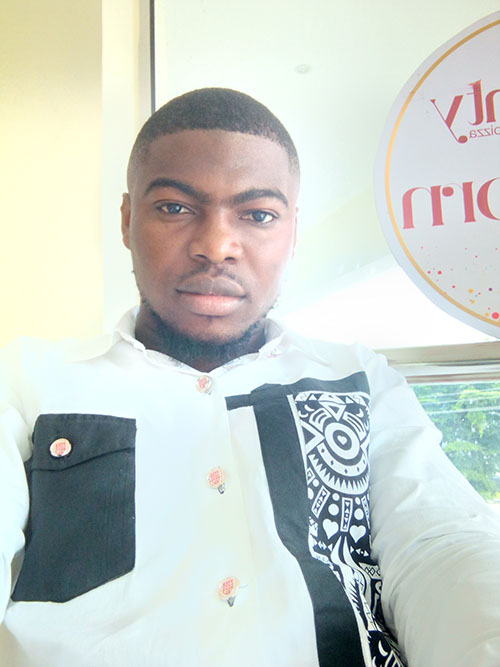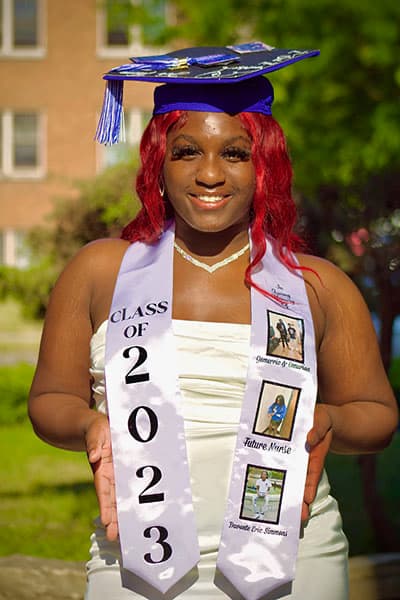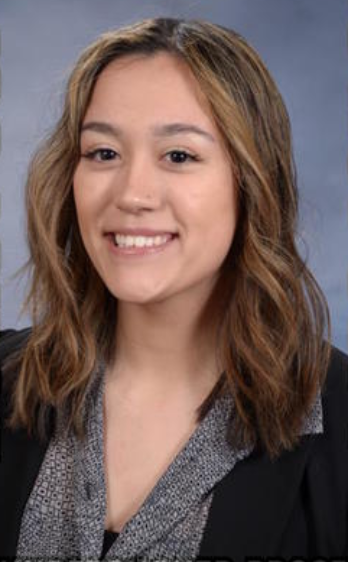
Maria K.
Stafford Springs, CT
I was 11 months old when I entered the foster care system, where I would reside for more than a decade of my life. During my time in foster care, my body stored the feeling of being without any parental care (or, as the child welfare system would label it, “neglect”), and my brain learned that survival meant to retreat inward and push away anything and anyone who could potentially harm me again.
I was adopted and lived with a family when I was between the ages of three and 13. They tried to love me fearlessly, but carried generational cycles of abuse, substance use, racism, misogyny, and mental health issues. During this time, my compounded and recurring traumatic experiences surmounted my yearning to build secure attachments. I guarded my heart, confused about how to open such a fragile part of myself in a chaotic environment that reinforced my trauma responses.
When the 2008 recession occurred and consequently, poverty hit us, my family learned that anything, including connections, was temporary. Housing, employment, income, food, healthcare, and education were seemingly non-permanent. Four years later, I entered the system again, and would not share about it until this year. The system has historically operated with interventional and temporary solutions focused on meeting high demands with efficiency. I knew that my hope of finding supportive adults and/or permanent connections was dismal.
My relationship with the foster care system has been a complex one. Much like other systems rooted in patriarchal colonialism, it inflicted displacement, institutionalization, violence, cultural and ethnic erasure, abuse, and neglect. I now realize adults, who also imposed such onto me, subconsciously and consciously fed into narratives that upheld the widest gaps the system profits from. However, unlike many of my marginalized peers, intersections of my identity served as protective factors for decreasing my likelihood of being pushed into particular pipelines. Instead, I’ve had the privilege of having a social worker who went above and beyond for me, having mentors who showed up for me during some of the most seminal moments of my life, and going to college.
It wasn’t until I went to the University of Connecticut that my needs were met, and I could get out of survival mode. I was afforded the opportunity to indulge in my wildest dreams — building meaningful and loving relationships. During my undergraduate years, I was blessed to love and be loved by a brilliant, empowering and immensely supportive group of women. I call them my “soul hermanas.” I credit their care as the catalyst for opening my heart to make room for other newfound adult relationships, such as with my chosen family, my partner, and myself.
I’ve learned that vulnerability is a powerful tool to negate fear and center in community. What I love most about my communities (e.g., foster, BIPOC, and LGBTQIA2S+ communities) is that they are fluid and ever-changing. Some folks come and some go in the divine time that they’re meant to, but the ones that I gave myself permission to trust and be loved by resulted in permanent connections. I can now tend to such beautiful moments of coexistence with these individuals as an act of radical self-love and inter-generational healing. I am able to harness the ebbs and flows of these relationships as a way to accept the past, forgive, and break the cycles my ancestors prayed upon me to dismantle. Most importantly, I alchemize the healthy love I’m given and use it as fuel for creating social and structural liberation for those before and after me to do the same.
I am 21 years old, and I am free. In honor of my very first love and late mother, Gabby Kiko Aoiki.
